
Cybercriminals party like it’s 2008 as retro-threats make a comeback
Antivirus company McAfee's latest threat report, covering the first quarter of 2013, highlights comebacks for a number of older threats as the growth of newer malware goes into decline. Recent trends towards Android malware, and ransomware are slowing with growth rates slipping back, although actual numbers still show a slight increase. The number of fake antivirus products detected also shows a decline in growth over the previous quarter.
Instead it seems the cybercrime community has served up a blast from the past by resurrecting some old friends. The report shows a global increase in spam volume for the first time in three years. It’s a big increase too with spam volume almost doubling globally in the first quarter of this year. There’s a twist to this though as spammers seem to be targeting specific regions in the hope of snaring new victims. Popular spam topics in this new wave are pump-and-dump stock schemes and growth hormone drugs.

Game of Thrones -- Ubuntu fails to dethrone Microsoft
Is the open source dream over? In 2004, Ubuntu Founder Mark Shuttleworth filed the first Ubuntu bug which was titled "Microsoft has a majority market share". It was a symbolic bug -- not a real one. It symbolized Ubuntu’s purpose -- to defeat Microsoft and aid the push of Open Source. This was an unattainable goal as Ubuntu never had a chance to defeat Microsoft. However, such goals are often good motivators for companies. It gives both the employees and users something to rally around.
While Ubuntu has fought the good fight, it has recently admitted defeat. On May 30, 2013, Mr. Shuttleworth marked this bug as "Fixed". Make no mistake, no bug has been fixed -- the 9 year old symbolic rallying point just became ridiculous and sad. It was time to close this embarrassing “bug” before a decade passed.
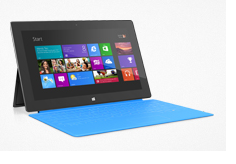
Surface RT not selling? Microsoft throws in a free cover
Microsoft began to sell its first tablet, the Surface RT, back on October 26, 2012, and added the Surface Pro in February 2013. Since then, sales figures have been less than stellar (well, possibly). This brings Microsoft to an interesting point -- it is time for desperate measures. In other words, the company is holding a fire sale. Of sorts.
Starting May 31 Microsoft announces "We are excited to announce a special offer for those of you in Canada and the United States. For a limited time beginning May 31, receive a free Touch Cover, Touch Cover Limited Edition, or Type Cover with the purchase of a Surface RT".
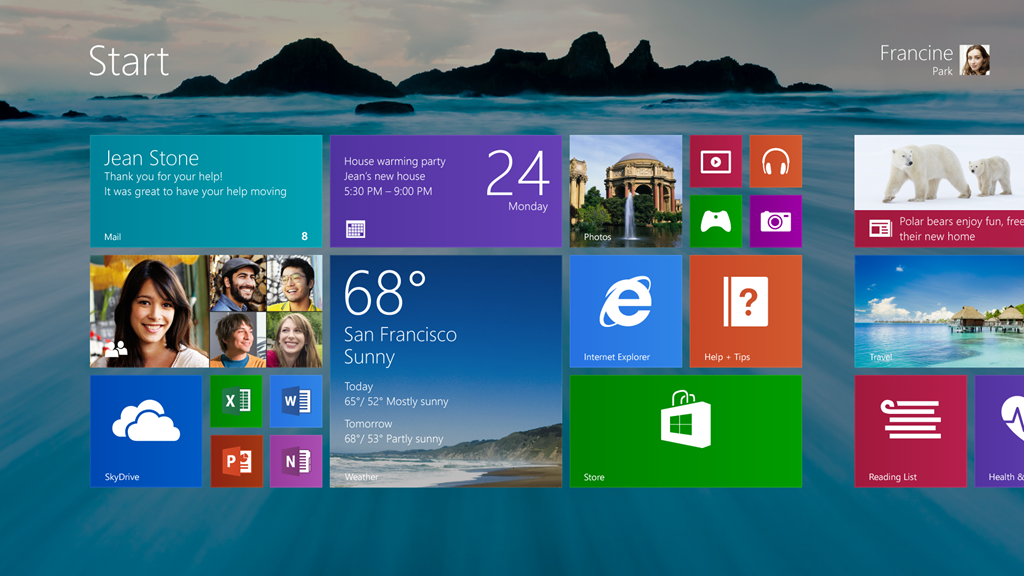
Microsoft officially confirms what we already know about Windows 8.1
Antoine Leblond, Microsoft’s corporate VP for Windows Program Management, has today made an official announcement on the Windows Blog detailing some of the many changes we can expect to see in Windows 8.1.
There are no massive surprises in the reveal, which is titled "Continuing the Windows 8 vision with Windows 8.1". We’ve already seen and covered most of them previously. But it is good to finally get an official peek behind the curtain.

Samsung Galaxy S4 Mini is a sheep in wolf's clothing
On Thursday, South Korean manufacturer Samsung announced a new smartphone part of its upscale Android lineup, called Galaxy S4 Mini. The handset is marketed as a smaller variant of the company's current green droid flagship, the Galaxy S4, but don't expect any of the latter's bells and whistles.
The Galaxy S4 Mini is shorter, narrower, thinner and lighter than its predecessor, the modest Galaxy S III Mini. However, it can easily be compared to the Galaxy S II (the company's older Android flagship) rather than newer halo devices when it comes to hardware specifications. It's a sheep in wolf's clothing and not the other way around.

Google Reader, I'll follow you to the very end
On July 1 Google pulls the plug on Reader and, like many other users, I have decided not to be caught unprepared by its rapidly-approaching demise. Shortly after the search giant revealed its execution plans I migrated all my RSS feeds to Feedly, telling myself "OK, now's the time to move on". Skip forward a couple of months and Reader is still open in a Chrome tab.
I can't really move on. The RSS feed aggregator holds a very special place in my heart as I rely on it every single day to write news stories and catch up on things that I'm passionate about. It's like the perfect relationship except for that one tiny detail (huge actually) -- the expiration date is near.
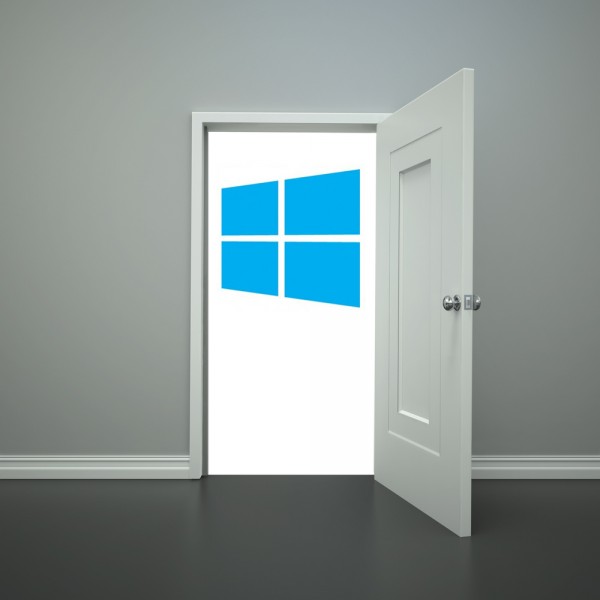
Dear Linux, I'm leaving you -- for Windows 8
Microsoft Windows 8 is the best desktop operating system. Period. No Linux distribution or OS X can compare. I say this as a Linux user and lover.
When it comes to computing, I have always had a soft spot in my heart for Microsoft Windows. Windows 95 was the operating system of my first-ever computer -- we could not afford a computer before then. As time marched on, I found myself dual-booting Windows and Linux on my future computers, with most of my time being spent in Linux. That is, until a few years ago when I exclusively ran various Linux distributions as the sole OS on my computer.
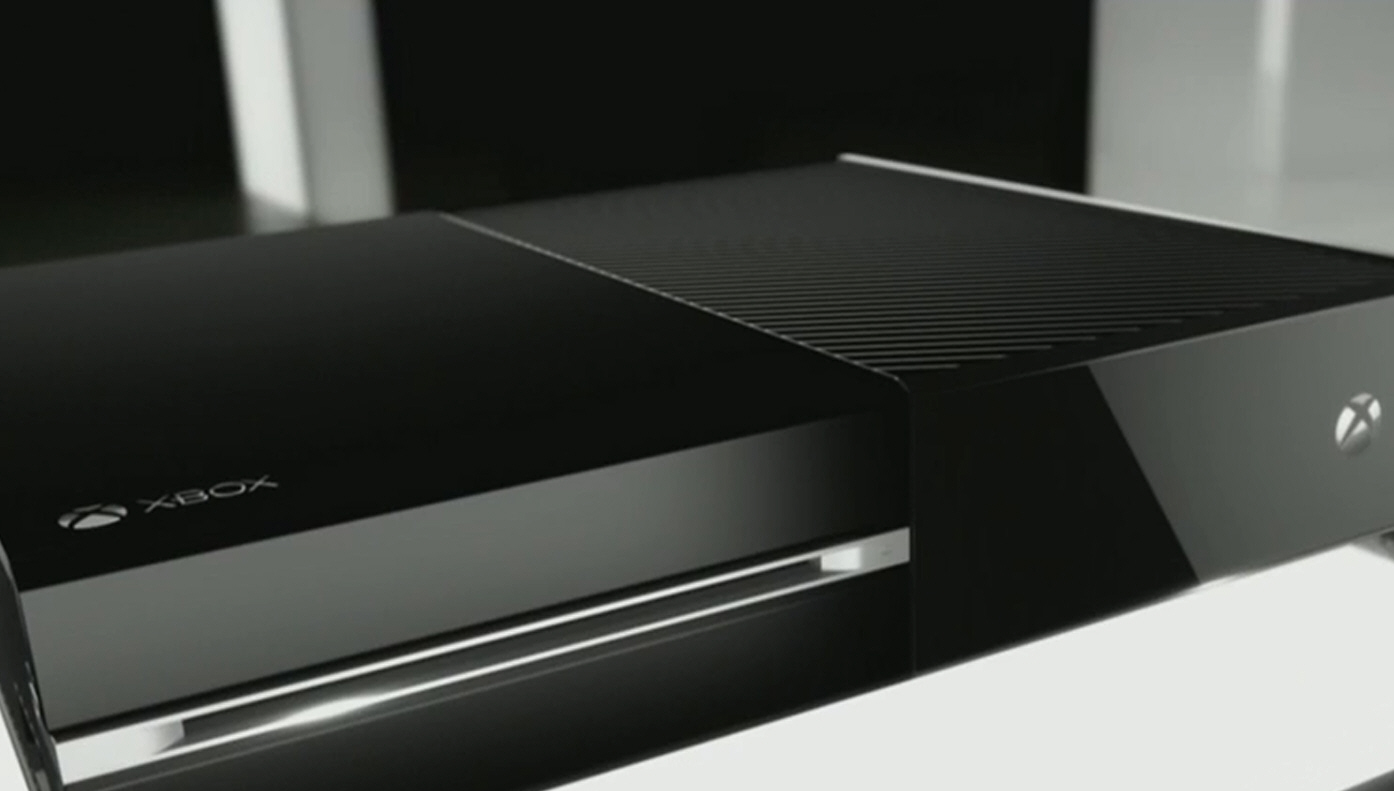
Microsoft still stamping out used games fire
This past Tuesday Microsoft did its long-awaited Xbox reveal, though the company did not unveil every bit of information that customers were waiting for. For instance, we still do not know pricing or release date. However, the biggest urban legend in circulation -- that of used games -- is under attack from the console maker.
On the day of the big reveal, Larry Hryb took to his blog to assure users "While there have been many potential scenarios discussed, today we have only confirmed that we designed Xbox One to enable our customers to trade in and resell games at retail".

The radio that knows where you live
We’re used to the somewhat spooky way that websites track our every move. Notice how the adverts on various sites reflect the products you’ve been viewing elsewhere? You only have to look at a CD on Play and Amazon will be trying to sell it to you within hours. We’re used to the GPS tracker on our smartphones monitoring where we are all the time and pointing us towards local attractions too.
Well now this technology is starting to spread to other devices too. The BBC has used the Thinking Digital conference to trial a perceptive radio. Developed by the BBC's Future Media North Laboratory, the radio uses information about where you live to change the listening experience by referencing local places or weather conditions. It also monitors the background noise at your location so it can decide whether to boost certain sounds to enhance the listening experience. The idea is to provide an "immersive" broadcast that can reconfigure the content for each listener.
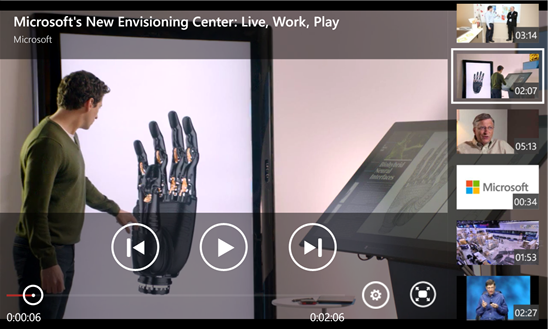
Microsoft caves in, cripples YouTube for Windows Phone 8 with the latest update
On Wednesday, Microsoft rolls out an update for its YouTube Windows Phone 8 app which takes away the ability to download content from the popular video-sharing website. The latest iteration arrives one week after Google sent Microsoft a cease and desist letter, demanding the removal of the app from the Store. The deadline passes today.
Google's grievances regarding the Microsoft-developed YouTube app focus on the removal of playback restrictions "on certain platforms", the lack of ads and the ability to download videos. Microsoft only resolved the third complaint and, despite the rapidly-approaching deadline, the company hints that YouTube will continue to be available to Windows Phone 8 users.

Surprise! Skype will be a big part of Xbox One
Microsoft has announced the long-awaited successor to the Xbox 360, naming it the Xbox One, but news does not stop there. Major game announcements at E3 were alluded to during the presentation, and today subsidiary Skype officially throws its hat in the ring, announcing it will bring additional functionality to the next-generation console.
This may not be a surprise, but Skype explains its plans for the new Xbox and those ideas are ambitious. "Skype for Xbox One lets you enjoy your Xbox games, apps and live TV with friends and family as if they were right there with you in the living room, all through features such as group video calling and Snap", says Microsoft's Tony Bates.

Missed the big Xbox One reveal? Watch it here
Microsoft yesterday took the wraps off its next generation games, TV and entertainment console at a special event held at the Microsoft Xbox campus and we streamed it live right here.
Don Mattrick, President of the Interactive Entertainment Business at Microsoft, kicked off the event unveiling the Xbox One, a name that dispelled many myths about Infinity, 720 and 8.
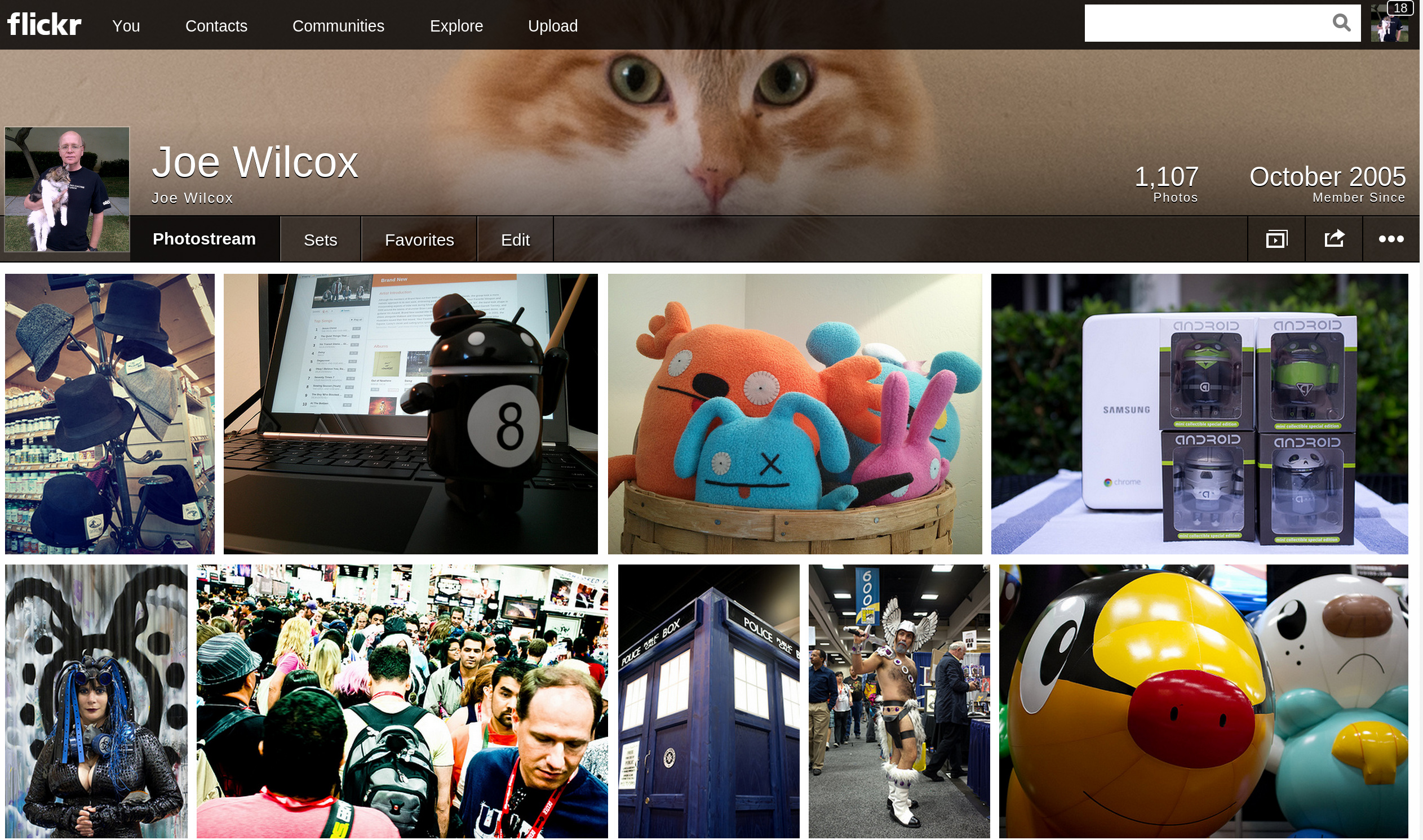
Suddenly, I care about Yahoo again
My oldest email address, circa 1996, is with Yahoo -- just three letters. I joined Flickr in October 2005 and Tumblr in May 2008. Three years ago, I stopped paying for Yahoo Mail, mostly abandoned the photo-sharing site and essentially stopped blogging at the social network. But I'm psyched now. Maybe former Googler Marissa Mayer can save the grandpa dot-com after all.
Today colleague Wayne Williams asks: "What will it take for people to care about Yahoo again?" "May 20th" is my answer. On the same day that Yahoo bought Tumblr for a cool $1.1 billion cash, the rickety dot-com gave Flickr the biggest makeover ever. Subscribers get 1TB of storage, on a site suddenly beautifully modern and supported by a hot, Android app. Google CEO Larry Page, Mayer just thumbed her nose at you.
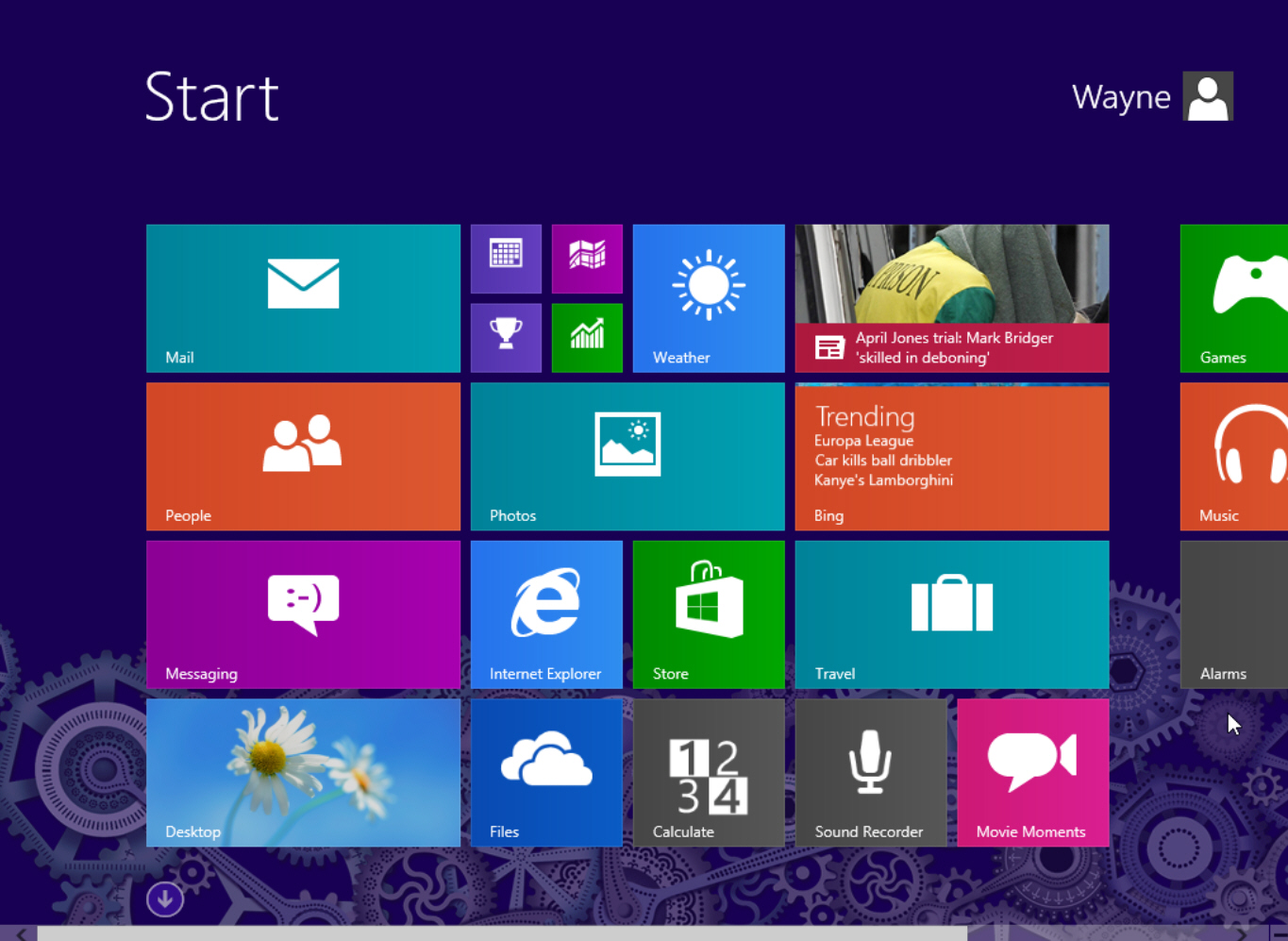
Everything you need to know about Windows 8.1
Microsoft is working on an update to Windows 8 and RT and will be releasing a preview version of it in June (in time for the Build developer conference), with the full release expected before the year’s end. The software giant has confirmed three things for definite about the update: its name (Windows 8.1), its price (free), and where you’ll be able to get it from (the Windows Store).
But thanks to early build leaks and statements from Microsoft, we also know quite a bit about the many changes the new release will bring to the polarizing operating system. Here’s a rundown of what to expect.

Evernote and Twitter announce Google Glass apps
With Google I/O in full swing, and Glass a hot topic of discussion these days, two companies have revealed plans to release apps for Google's new wearable computing system. Social network Twitter and note-taking giant Evernote are both on board with the intriguing futuristic gadget.
Evernote's Andrew Sinkov announces that the company is "excited to unveil a first look at the Evernote experience on Glass". Sinkove goes on to explain "our current implementation focuses on two actions. First, you’ll be able to quickly capture a photo or short video and send it to your Evernote account from the Google Glass sharing menu. Second, you can choose a note from Evernote Web and send it directly into the Glass Timeline so that you have it available right in your field of view when you need it".
